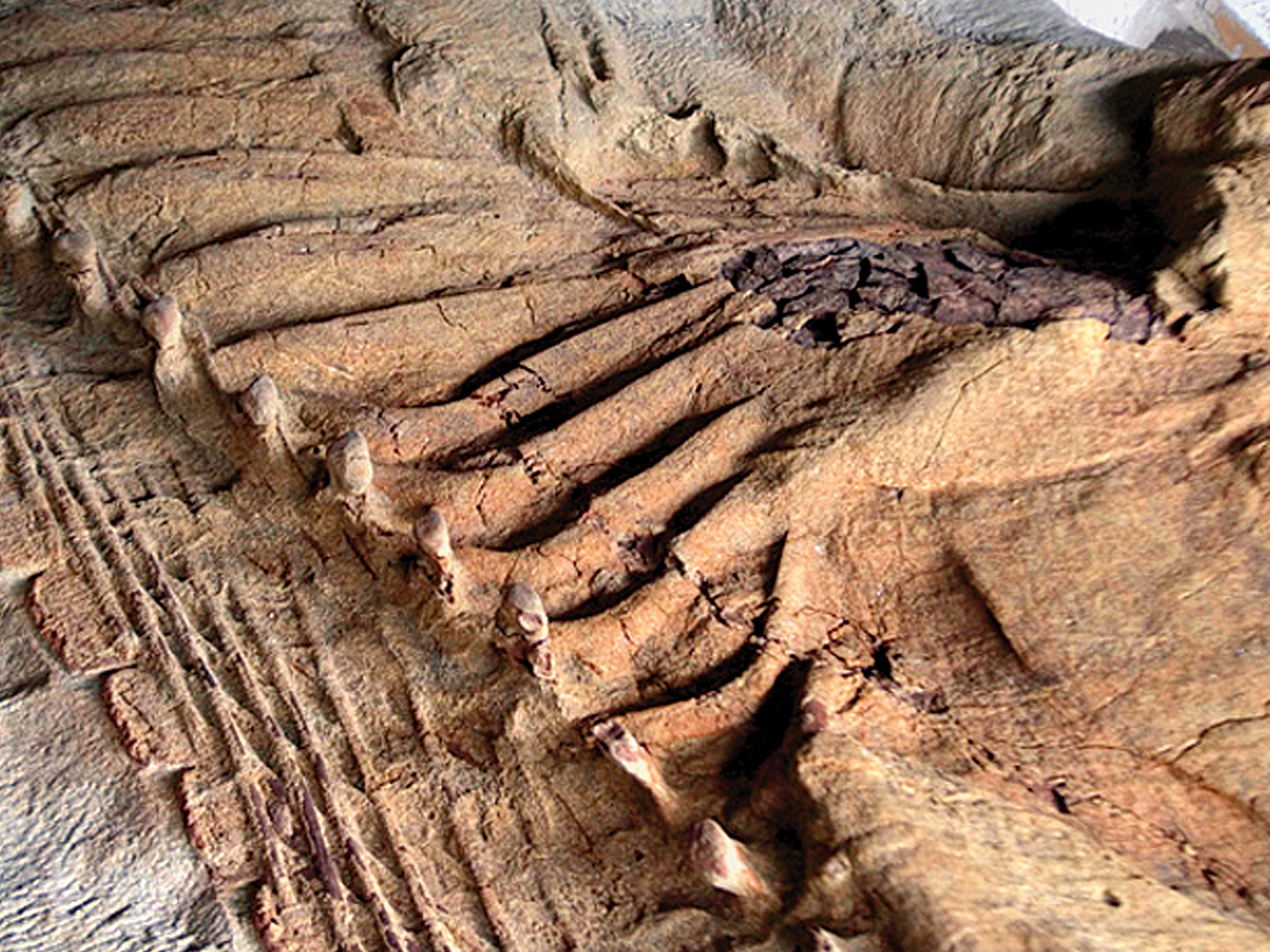As the deer pants for the water brooks, so pants my soul for You, O God. (Psalm 42:1)
“Pursuing God” sounds like a commendable commitment, but there is a disconnect when someone reports that a book so titled was based upon Psalm 42:1.1 Why?
The phrase “pursuing God” illustrates a commonplace lack of careful observation, both in studying Scripture and in studying God’s creation (John 3:12).
To see the disconnect between pursuing God and Psalm 42:1, two careful observations are needed:
(a) What God’s Word actually says, and
(b) What God’s world actually exhibits.
Observation 1: Consider the English text of Psalm 42:1. Does it mention pursuing? There is no report by the psalmist that the deer (the King James Version uses “hart,” i.e., male deer) is actually chasing or even “pursuing” a freshwater stream.
Observation 2: Because Psalms is, literarily speaking, an example of Hebrew poetry, its textual content is structured by parallelism in meaning.2 Therefore, understanding verse one requires comparing its meaning to that of verse two, then considering both verses as a single thought unit.
Verse one: “As the deer pants for the water brooks, so pants my soul for You, O God.”
Verse two: “My soul thirsts for God, for the living God; when shall I come and appear before God?”
Notice what both verses have in common: thirst. Why does a hart “pant” at the bank of a brook? Physical thirst—the deer is thirsty. Why does the psalmist’s soul desire God? The answer is spiritual thirst.
Observation 3: Empirical science observations corroborate the psalmist’s terminology.3 Waters flowing through the channeled banks of a brook do not try to flee, like a fugitive, from thirsty animals, so why would someone suggest that deer “pursue” the waters of a brook?
Theologically speaking, to say the deer pursue the water would portray God as if He were trying to escape from the psalmist and elude his grasp, i.e., as if the psalmist needed to “chase” after God. In fact, the psalmist says no such thing.
So why would the verb “pant” suggest pursuing to a human reader? As humans, when we think of ourselves as panting after something, it is easy to imagine hot pursuit—running, chasing, getting so overheated that our temperature-regulating bodies need to eliminate excess body heat beyond mere perspiration.
Deer can run, too, and they get hot doing so. Carnivores, including wolves and bears, chase after deer. Also, male deer pursue female deer when it’s mating season.
But, empirically speaking, do deer ever pursue stream water to drink? Even superficial observations give the answer: No. When deer drink stream water, they stand calmly in one place, with their heads bent down to lap up the water. This is clearly not “pursuing” brook-water. Yet the overheated deer does pant thirstily as he or she yearns for cool drinking water. Even so the psalmist’s soul thirsts for God.
It is true that we are the “sheep” of God’s pasture (Psalm 100:3), and He is the good “shepherd” (John 10:11). Thus, it is good for us to follow our “great Shepherd of the sheep” (Hebrews 13:20), but we don’t need to chase Him down to do so.
Thus, graceful cervids can serve us with an important lesson in apologetics: To recognize what is true, careful observations are needed when studying God’s Word and when studying God’s world.
References
- Because the purpose of this article is to encourage careful observations—of both Scripture and God’s creation—and not to criticize an otherwise good book, there is no need to identify the specific book here.
- For a discussion of the structure of Hebrew poetry, see Johnson, J. J. S. 2011. Genesis Is History, Not Poetry: Exposing Hidden Assumptions About What Hebrew Poetry Is and Is Not. Acts & Facts. 40 (6): 8-9.
- Water quality monitors routinely observe the interactive ecology of running (“lotic”) freshwater.
* Dr. Johnson is Associate Professor of Apologetics and Chief Academic Officer at the Institute for Creation Research.







